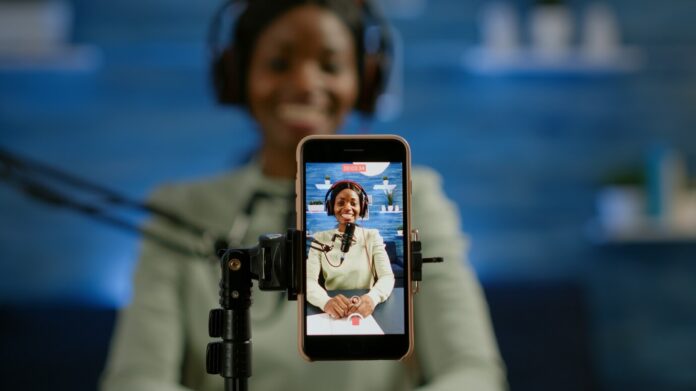Unpacking the Rise of Influencer Culture: Trends and Implications
Do you ever find yourself scrolling through social media, captivated by the latest lifestyle trends promoted by your favorite influencers? In today’s digital landscape, influencer culture has transformed the way we consume information, connect with brands, and shape societal norms. From fashionistas on Instagram to gaming vloggers on YouTube, influencers have become powerful voices, capable of swaying opinions and driving trends. But what does this mean for society, marketing, and our daily lives? Let’s dive into the phenomenon of influencer culture and its far-reaching implications.
The Power of Influence
Influencer culture emerged with the rise of social media platforms, enabling individuals to cultivate substantial followings based on niche interests. Unlike traditional celebrities, influencers often seem more relatable to their audiences, making them more effective at engaging consumers. This relatability is a double-edged sword; while it fosters authenticity, it also creates a breeding ground for comparison and unrealistic expectations. When influencers present curated glimpses of their lives, they can inadvertently promote a lifestyle that feels unattainable for many.
Changing Marketing Dynamics
Brands have quickly recognized the potential of influencer marketing. Collaborating with influencers allows companies to tap into dedicated audiences, often resulting in higher engagement rates than traditional advertising. A single post can spark viral trends, as seen with beauty gurus promoting skincare products or fitness influencers sharing workout regimes. This shift has led to a significant change in marketing strategies, where the emphasis is on storytelling and personal connection rather than mere product promotion.
However, the rapid growth of influencer marketing has also raised ethical concerns. Issues around transparency and authenticity are at the forefront. The Federal Trade Commission (FTC) has established guidelines requiring influencers to disclose sponsored content, but not all adhere to these rules. This lack of transparency can lead to consumer mistrust, as followers may feel misled by influencers who promote products without clearly indicating their commercial relationships.
The Impact on Mental Health
One of the most pressing implications of influencer culture is its effect on mental health, particularly among younger audiences. The constant exposure to curated lives can contribute to feelings of inadequacy, anxiety, and depression. Studies show that social media usage correlates with negative self-image, especially among teenagers. Influencers, while often seen as aspirational figures, can inadvertently contribute to this cycle of comparison, emphasizing the need for more responsible content creation.
Future Trends and Accountability
As influencer culture continues to evolve, so too must the responsibilities of influencers. Moving forward, the industry may shift towards greater accountability, with influencers prioritizing authenticity and mental well-being over mere follower counts. The rise of micro-influencers individuals with smaller, more engaged followings also suggests a shift towards genuine connections over sheer numbers.
In conclusion, unpacking the rise of influencer culture reveals profound changes in our society. While it offers opportunities for connection and engagement, it also presents challenges that demand awareness and responsibility. As consumers, we must navigate this landscape critically, recognizing the power of influence while advocating for transparency and authenticity in the content we consume. The future of influencer culture will depend not only on the trends that emerge but also on the ethical standards upheld by those at its forefront.





